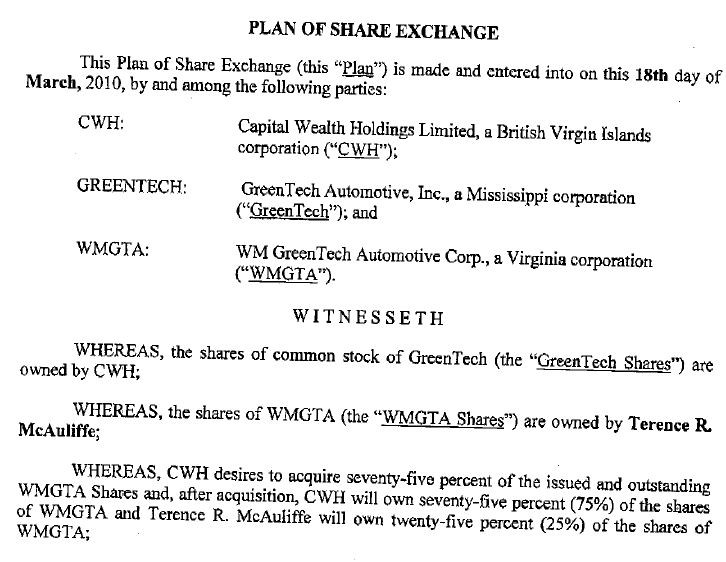Exchange technique allows real estate investors to put off the tax bill
Post on: 30 Июнь, 2016 No Comment

By Benny L. Kass
Saturday, February 12, 2011
Q: I bought my house many years ago for $50,000. When my family grew, we bought a larger house where we still live. For years now, we have rented out the original house, which is now worth more than $800,000.
We are retired and want to sell that investment property. Our tax adviser has indicated that even with the improvements we made, we may have to pay upward of $200,000 in capital gains tax. Apparently, there is a depreciation recapture tax as well as state and federal capital gains tax involved.
Obviously, we don’t want to pay that much money. Any suggestions?
A: You may be a candidate for a like-kind exchange, which is authorized by Section 1031 of the Federal Income Tax Code. That section reads: No gain or loss shall be recognized on the exchange of property held for productive use in a trade or business or for investment, if such property is exchanged solely for property of like-kind which is to be held either for productive use in a trade of business or for investment.
In simple English, you have the right to exchange investment (rental) property, but not your principal residence.
How does this work? The rules are somewhat complex and very rigid.
But first, you have to make a major decision: Do you want another rental property and to remain a landlord, or do you want to bite the bullet and sell the property, paying the tax but walking away with perhaps $500,000 or $600,000 in your pocket? Only you can make that decision.
If you want to move forward with the exchange, here’s how it works:
Your present rental property is known as the relinquished property, and the new one that you buy (technically you will exchange it) is called the replacement property. It is important to use those terms in any legal documents that you enter into. The Internal Revenue Service wants to be absolutely sure that your intent was to exchange and not merely sell and buy.
Although the statute refers to like-kind, this includes any kind of real property as long as it is used for investment. For example, you can exchange your single-family rental house for a condominium, a shopping center, a commercial office building or even raw land.
The most practical way to start the process is to list your relinquished property with a real estate broker (or try to sell it yourself). When you find a buyer, your real estate contract must reflect that this transaction is part of a 1031 exchange, and that as long as there will be no additional cost or time delay, your buyer will cooperate with you.














